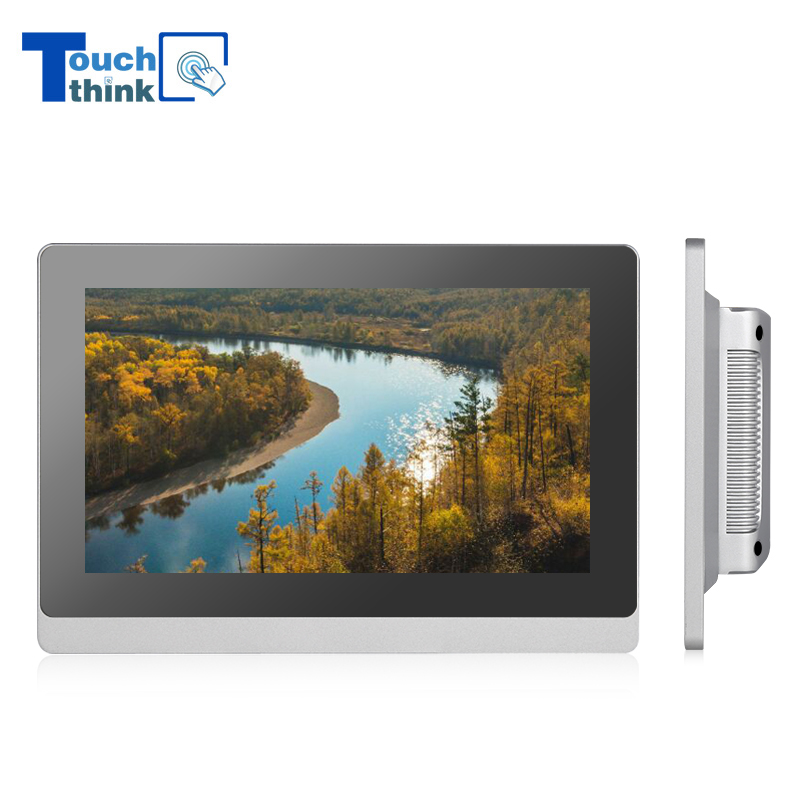The Advantages of High Brightness Monitors
In the ever-evolving landscape of technology, high brightness monitors stand out as a crucial component in enhancing user experiences across various applications. The advantages of these monitors are multifaceted, contributing to improved visibility, increased productivity, and a more immersive visual experience.
Enhanced Visibility for Optimal User Experience
High brightness monitors, with their superior luminance levels, play a pivotal role in providing enhanced visibility. Whether you are engaged in graphic design, video editing, or even everyday office tasks, the increased brightness ensures that images and text are rendered with exceptional clarity. This becomes particularly significant in environments with high ambient light, where standard monitors may falter. The heightened brightness minimizes glare and reflections, resulting in a display that remains vivid and readable even in well-lit surroundings.
Increased Productivity Through Precision
The advantages of high brightness extend beyond mere visibility; they directly impact productivity. For professionals working with intricate details in design, architecture, or scientific research, the ability to discern subtle nuances is paramount. High brightness monitors excel in this regard by offering a more accurate representation of colors and details. This precision translates into improved decision-making processes and, ultimately, faster task completion. The efficiency gains realized through the use of high brightness monitors underscore their significance in today's fast-paced digital landscape.
A Deeper Dive into the Technicalities
To comprehend the advantages of high brightness monitors, it's crucial to delve into the technical aspects. Luminance, measured in nits, dictates the brightness of a monitor. Standard monitors typically range from 200 to 300 nits, while high brightness monitors boast levels exceeding 1000 nits. This significant disparity in luminance translates into a display that can showcase a broader spectrum of colors and ensure consistent performance across various lighting conditions.
The Significance in Gaming and Entertainment
Beyond professional applications, high brightness monitors enhance the gaming and entertainment experience. The heightened luminance contributes to a more immersive and captivating display of graphics, making gaming environments more lifelike. In movie-watching scenarios, the increased brightness ensures that dark scenes are rendered with clarity, preventing loss of detail and allowing users to enjoy cinematic content as intended by creators.
Future Implications and Industry Trends
Looking ahead, the advantages of high brightness monitors are likely to shape the future of display technology. As industries continue to demand more vibrant and accurate visual representations, manufacturers will invest in pushing the boundaries of brightness levels. This ongoing pursuit of excellence in display technology will not only redefine user expectations but also pave the way for innovations in other related fields, such as augmented reality and virtual reality.
In conclusion, the advantages of high brightness monitors are not confined to a specific niche but resonate across diverse professional and recreational domains. The improved visibility, increased productivity, and immersive experiences they offer underscore their importance in a world that relies heavily on visual information. As technology advances, the adoption of high brightness monitors is poised to become a standard, setting new benchmarks for display excellence.




